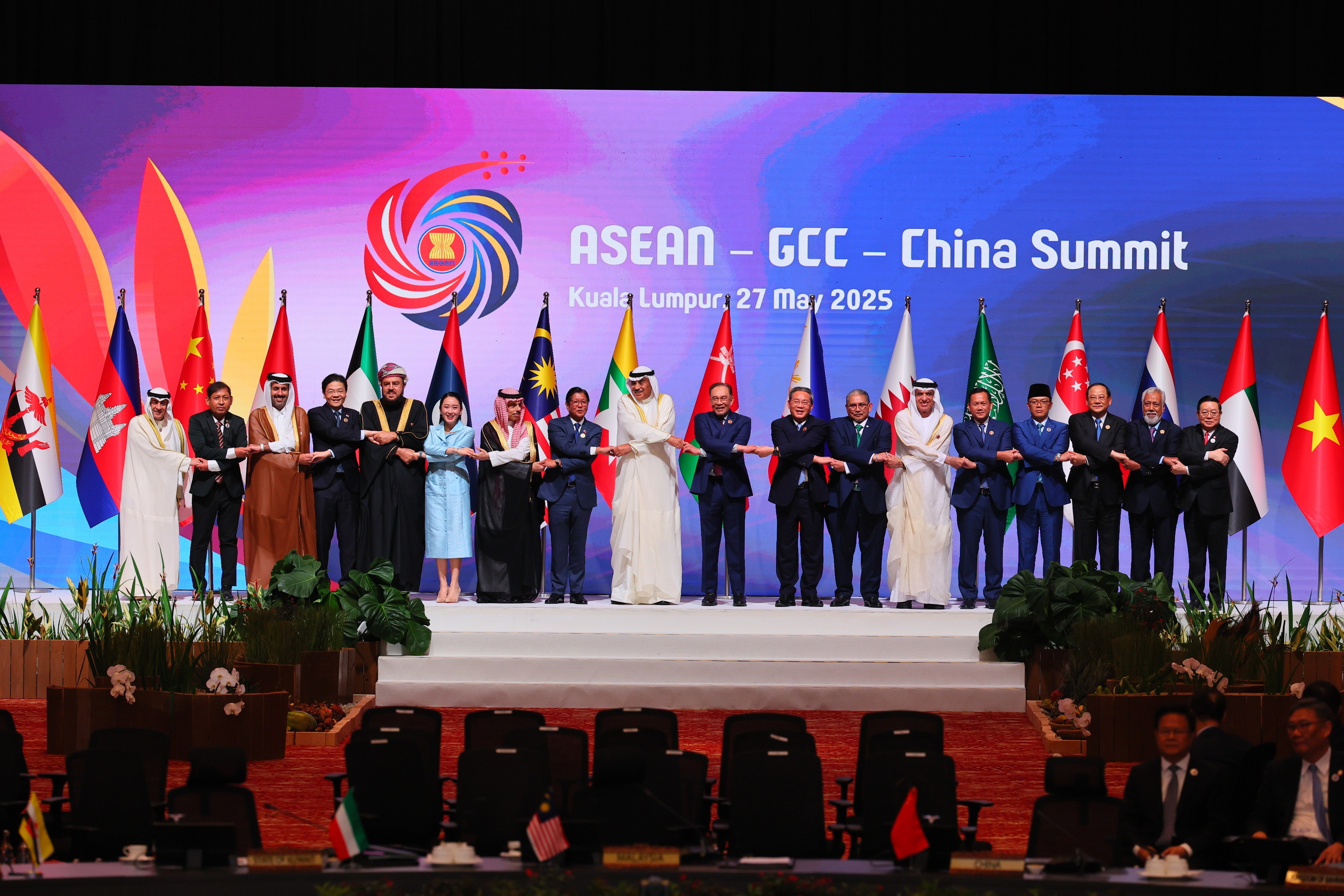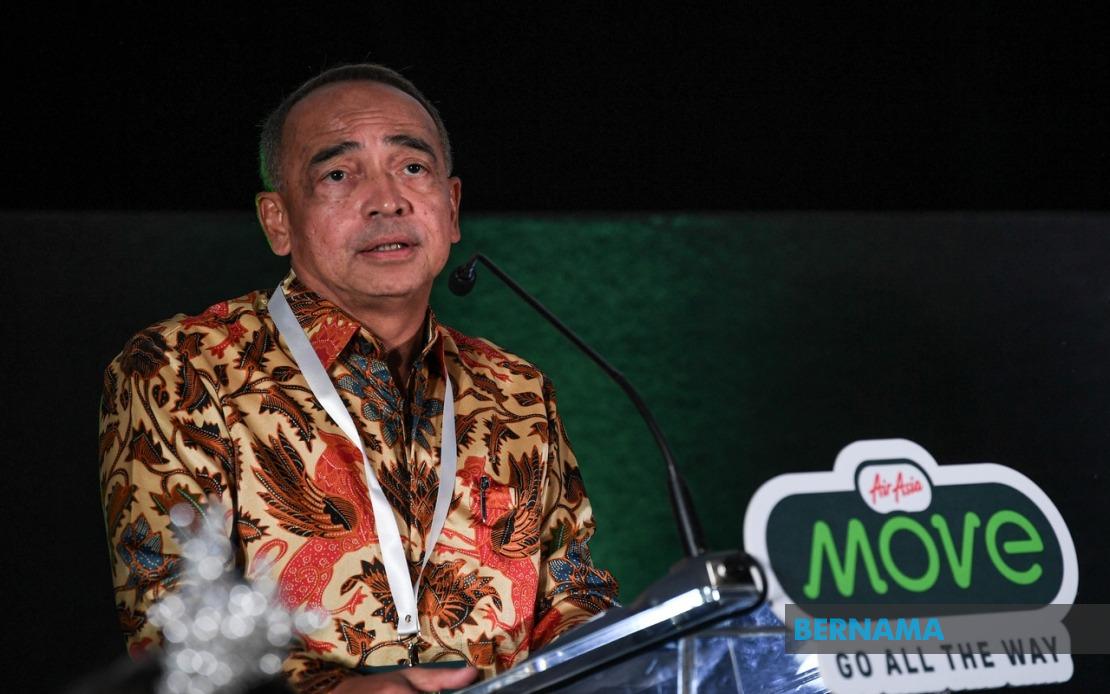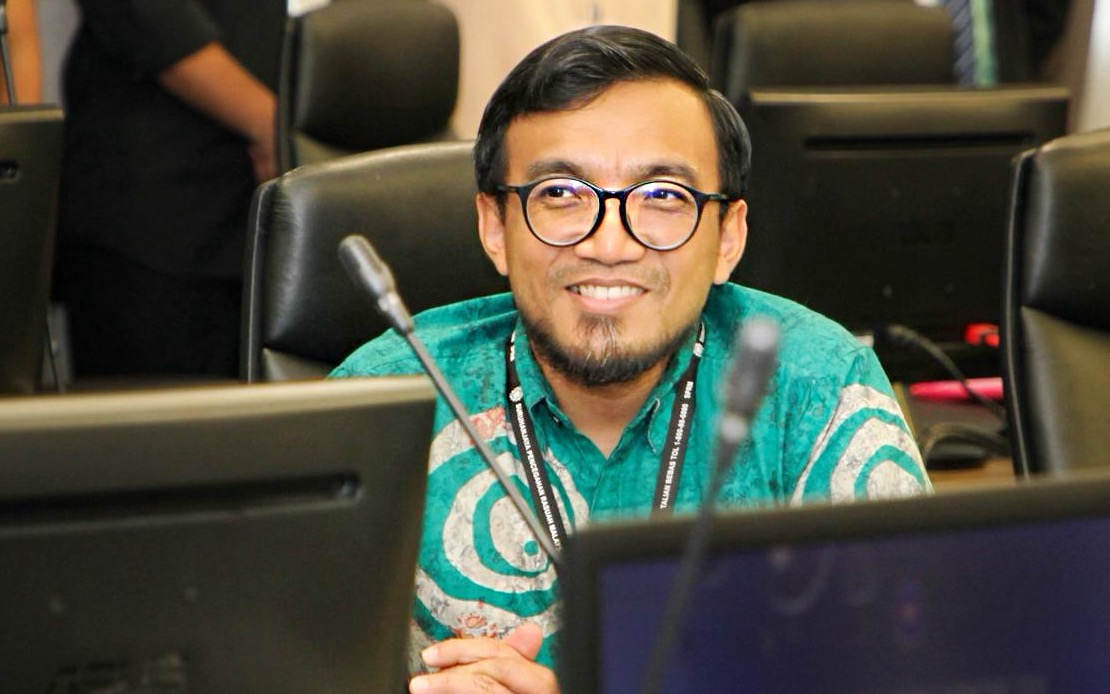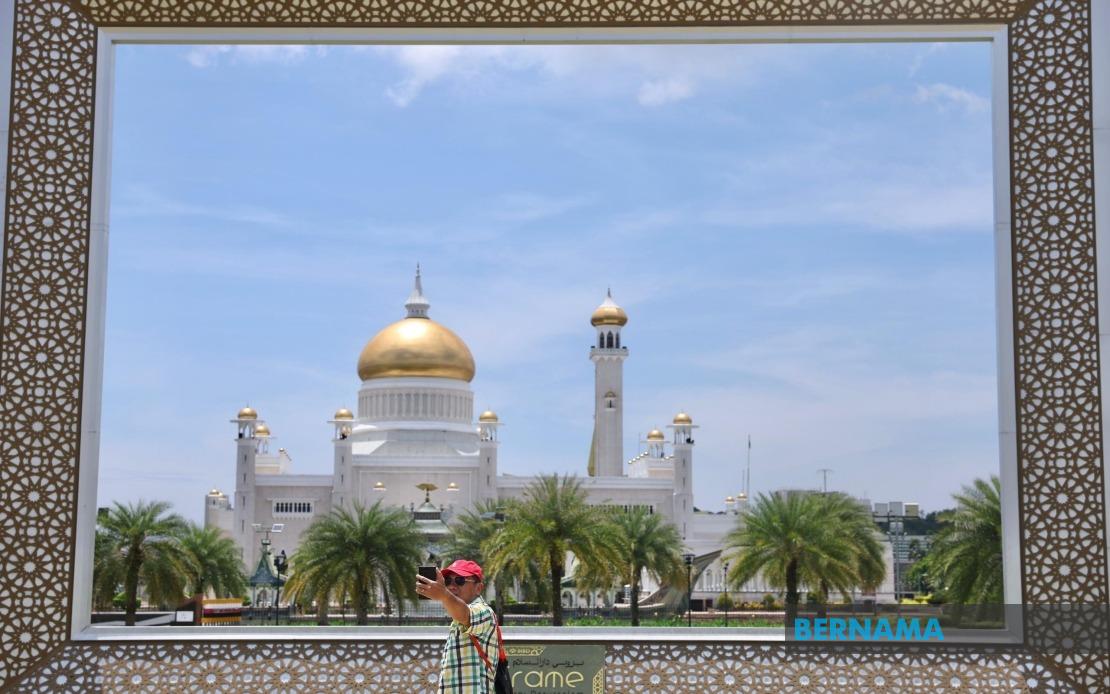ANWAR’S BID TO RALLY ASEAN-GCC SUPPORT FOR GAZA SEEN AS PRAGMATIC AND STRATEGIC
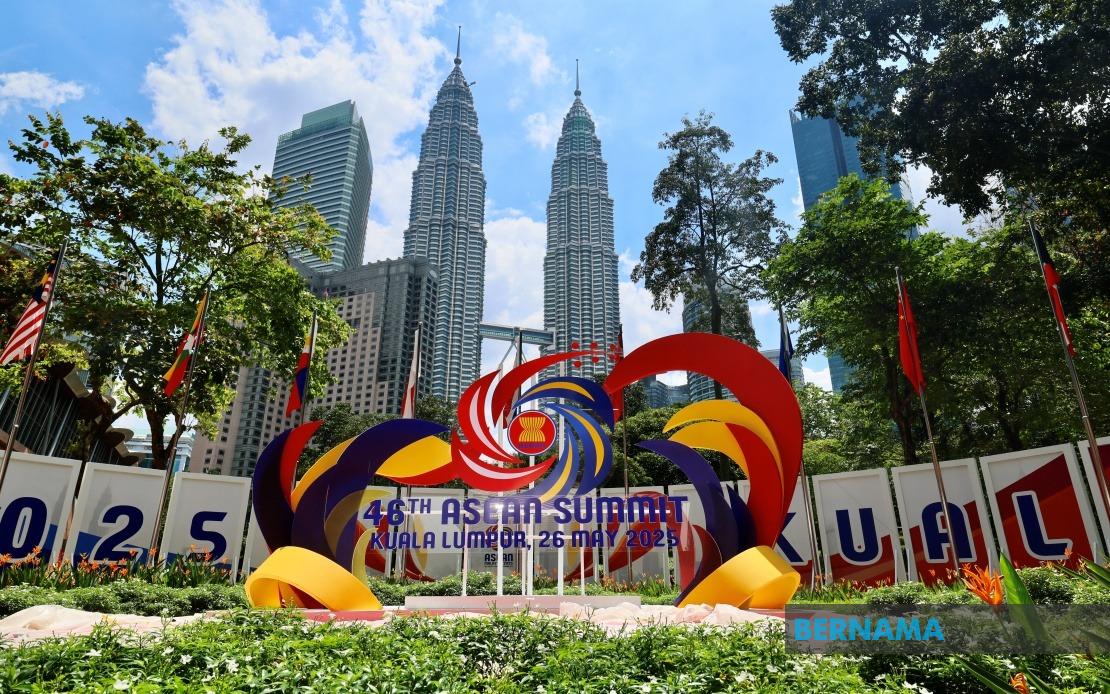
By Sakini Mohd Said & R.Vikneswaran
KUALA LUMPUR, June 9 (Bernama) -- Prime Minister Datuk Seri Anwar Ibrahim’s push to strengthen cooperation between Southeast Asian and Gulf nations over the Gaza crisis has been described by analysts as a pragmatic and forward-looking move.
Anwar’s proposal to bring the Association of Southeast Asian Nations (ASEAN) and the Gulf Cooperation Council (GCC) closer together on the issue comes amid a worsening humanitarian crisis in Gaza and growing frustration over the United Nations Security Council’s (UNSC) failure to act.
Professor Mohd Azizuddin Mohd Sani, an international relations expert at Universiti Utara Malaysia, said the crisis is not something that can be addressed by any one country alone.
“What the Prime Minister is doing is mobilising ASEAN’s collective strength, while working alongside Gulf states like Qatar and Saudi Arabia, which are already involved in the peace process,” he told Bernama.
The effort can be described as a realistic assessment of ASEAN’s limitations, given its geographic distance and the complexity of the conflict, and as recognition that broader alliances are necessary to be effective.
The move also aligns with Malaysia’s role as the chair of ASEAN in 2025, where it is expected to steer the bloc toward a more proactive stance on global humanitarian issues.
Malaysia has been among the region’s more vocal countries on Gaza. The foreign ministry last Thursday deplored the use of veto power by a permanent UNSC member to block a ceasefire resolution, calling it a failure to address ‘one of the worst humanitarian crises since World War Two’.
According to figures reported by Turkey’s Anadolu Agency, more than 54,000 Palestinians have been killed since Israel launched its military campaign in Gaza in October 2023.
ASEAN, which has traditionally focused on regional concerns such as the South China Sea and the crisis in Myanmar, has rarely taken on conflicts outside its immediate neighbourhood. But Azizuddin suggested this may be changing.
“It’s time ASEAN became more than just a regional forum. Its voice should also be heard in international crises and Gaza is a clear example of where that role can evolve,” he said.
While the recent ASEAN-GCC-China Summit on May 27 focused largely on trade and investment, Azizuddin noted it could lay the groundwork for broader strategic cooperation.
Meanwhile, Professor James Chin, a geopolitical analyst at the University of Tasmania, said ASEAN’s influence on the Gaza issue remains limited due to the conflict’s geopolitical scale and its framing as a predominantly Arab concern.
“This strategic collaboration between ASEAN and the GCC isn’t really about the Gaza conflict itself. ASEAN countries understand they have limited capacity beyond issuing statements. That’s why the bloc as a whole has not spoken extensively about Gaza,” Chin said.
He added that what Malaysia or Asean can do is to continue expressing support for a two-state solution, which remains the most viable path forward. Without concrete recognition of Palestinian statehood, lasting peace will remain elusive in the Middle East.
Dr Nor Aishah Hanifa, a security and foreign policy expert, said Anwar’s leadership on the issue stands out.
“He is actively using all available regional and international forums to advocate for peace in Gaza. Similarly, the GCC shares the aspiration to end the war, but its member states are bound by their national interests and priorities,” she said.
-- BERNAMA
